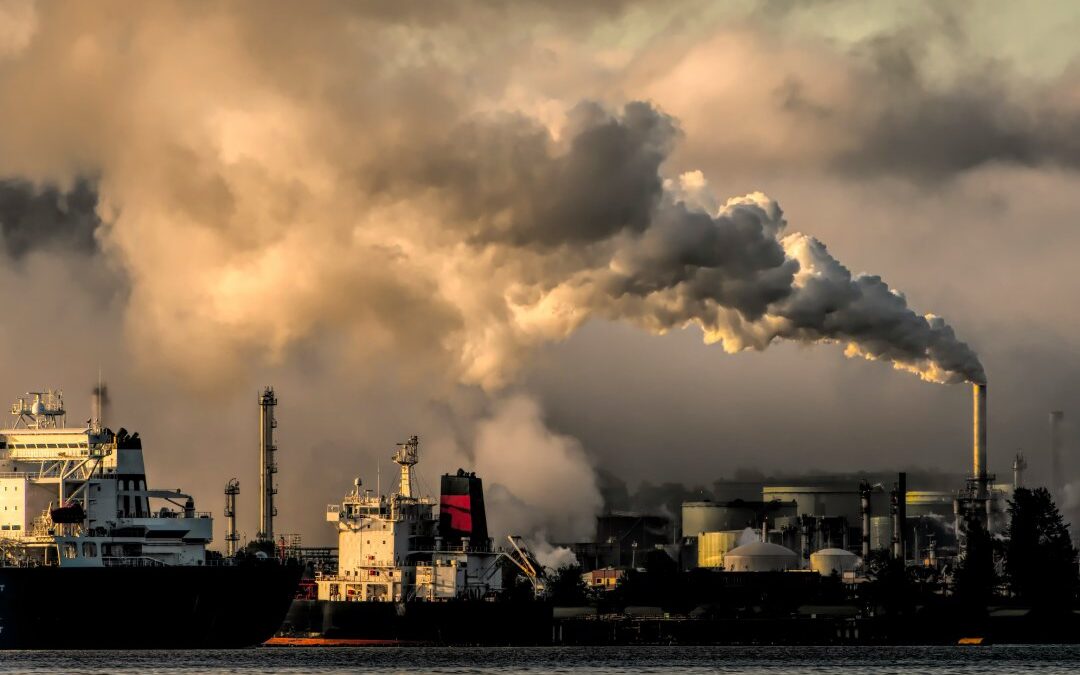South Korea’s Top Polluters Profited Millions Through Carbon Sales
South Korea’s major polluting entities have amassed 475 billion won ($357 million) by trading unused carbon emissions permits within the nation’s program over the initial eight years.
South Korea’s major polluting entities have amassed 475 billion won ($357 million) by trading unused carbon emissions permits within the nation’s program over the initial eight years, according to a report from Bloomberg.
The data from Plan 1.5, a climate advocacy group based in Seoul, reveals that the ten leading emitters managed to sell nearly 22 million tons of surplus credits from 2015 to 2022. The group’s analysis further indicates that the country’s cap-and-trade mechanism, covering nearly 700 companies, yielded a surplus of 39.2 million tons between 2021 and 2022, equivalent to roughly 6% of South Korea’s total emissions in 2022.
Despite South Korea being among the first Asian nations to implement an emissions-trading framework, its effectiveness in curbing industrial pollution has been affected due to excessive allocations, provided at no cost. This scrutiny intensifies pressure on the government to enhance the program, integral to its commitment to slash greenhouse gas emissions by 40% from 2018 levels by 2030.
“South Korea’s emissions trading scheme has failed to serve its main purpose, which is to make carbon-intensive companies pay for their pollution. The total amount of allocations in 2030 should be reduced by about 30% from the current level, otherwise, the scheme will continue to be a money-making tool for these companies,” Kwon Kyungrak, a program director at Plan 1.5, said.
In October, the government announced plans to fortify the determination of total emission allowances to heighten the incentive for companies to mitigate pollution, following consultations with stakeholders.
Posco, the nation’s largest emitter, found itself with surplus carbon permits in 2022 due to a typhoon disrupting its steel production, resulting in reduced emissions, according to the company. Despite earning 31.1 billion won that year from permit sales, Korea’s premier steelmaker disclosed purchasing allowances worth 21.3 billion won in 2021.
The value of South Korean permits has depreciated approximately 43% over the past year to 9,130 won per ton, a fraction of those within the European Union, home to the world’s largest cap-and-trade system. Carbon trading faced initial challenges in the EU, with permits plummeting by more than 90% following the 2008 financial crisis, which severely impacted the industry and contributed to a surplus.
Also Read
Carbon Offsetting Service by Mashreq and Fils to Transform UAE Sustainability Practices

